From PBA Legend to Tech Visionary | FilAm Jared Dillinger’s Next Big Play
Written By Jennifer Redondo
In a world that’s constantly changing and evolving, it can be hard to keep up. But that’s never been an issue for Jared “Daredevil” Dillinger (JD), professional basketball player turned media-tech entrepreneur. JD played in the Philippine Basketball Association (PBA) for 18 years and won 9 PBA championships throughout his career. Earlier this year, he decided to hang up the jersey but he hasn’t slowed down or stopped by any means.
True to his moniker, “Daredevil,” JD remains fearless, reckless, but a bit more responsible these days as a father and husband. He continues to operate at full throttle, similar to his playing days, but now applies that intensity to his brand. His latest venture, Agent Daredevil, marks his exciting foray into Artificial Intelligence (AI) and gaming.
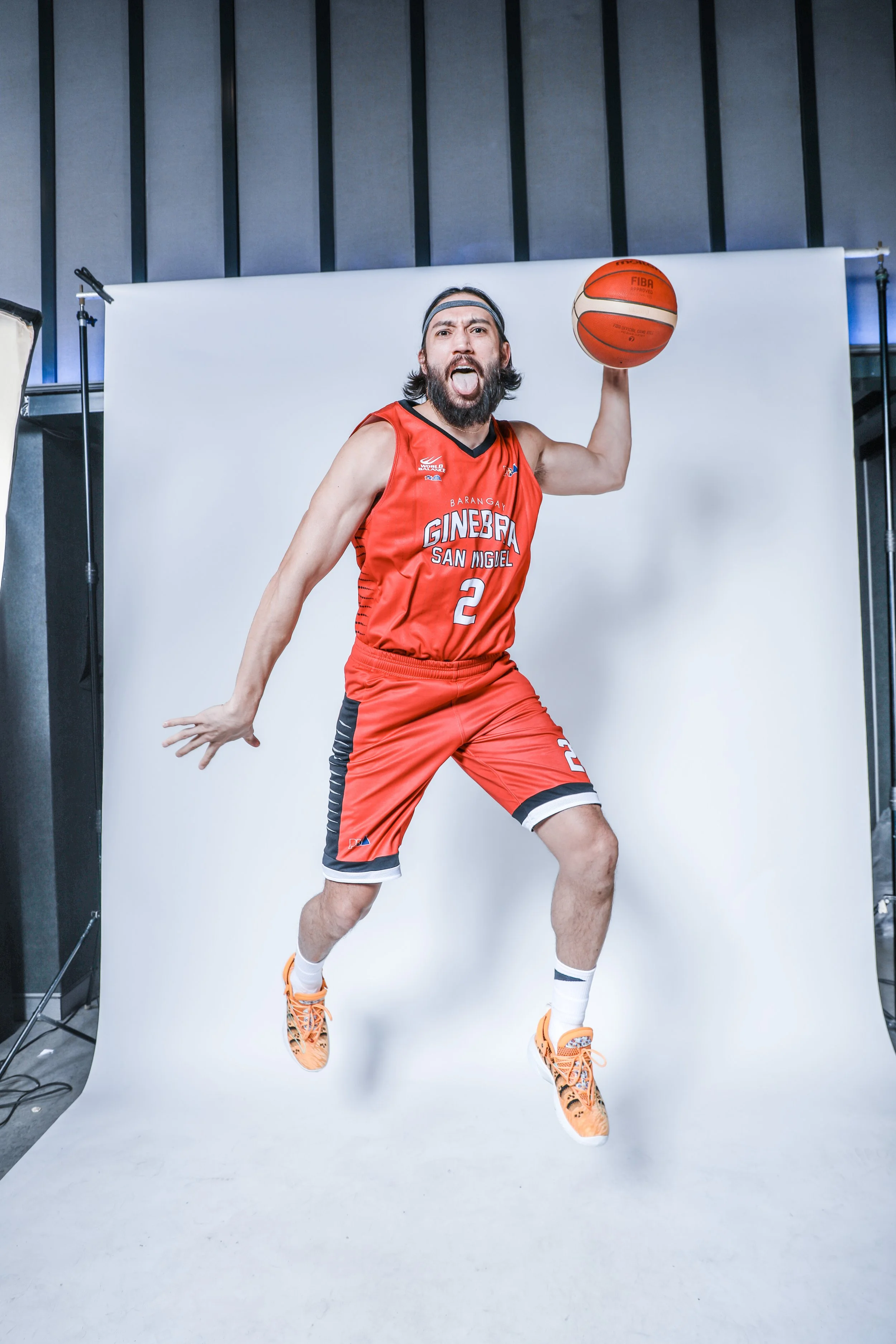
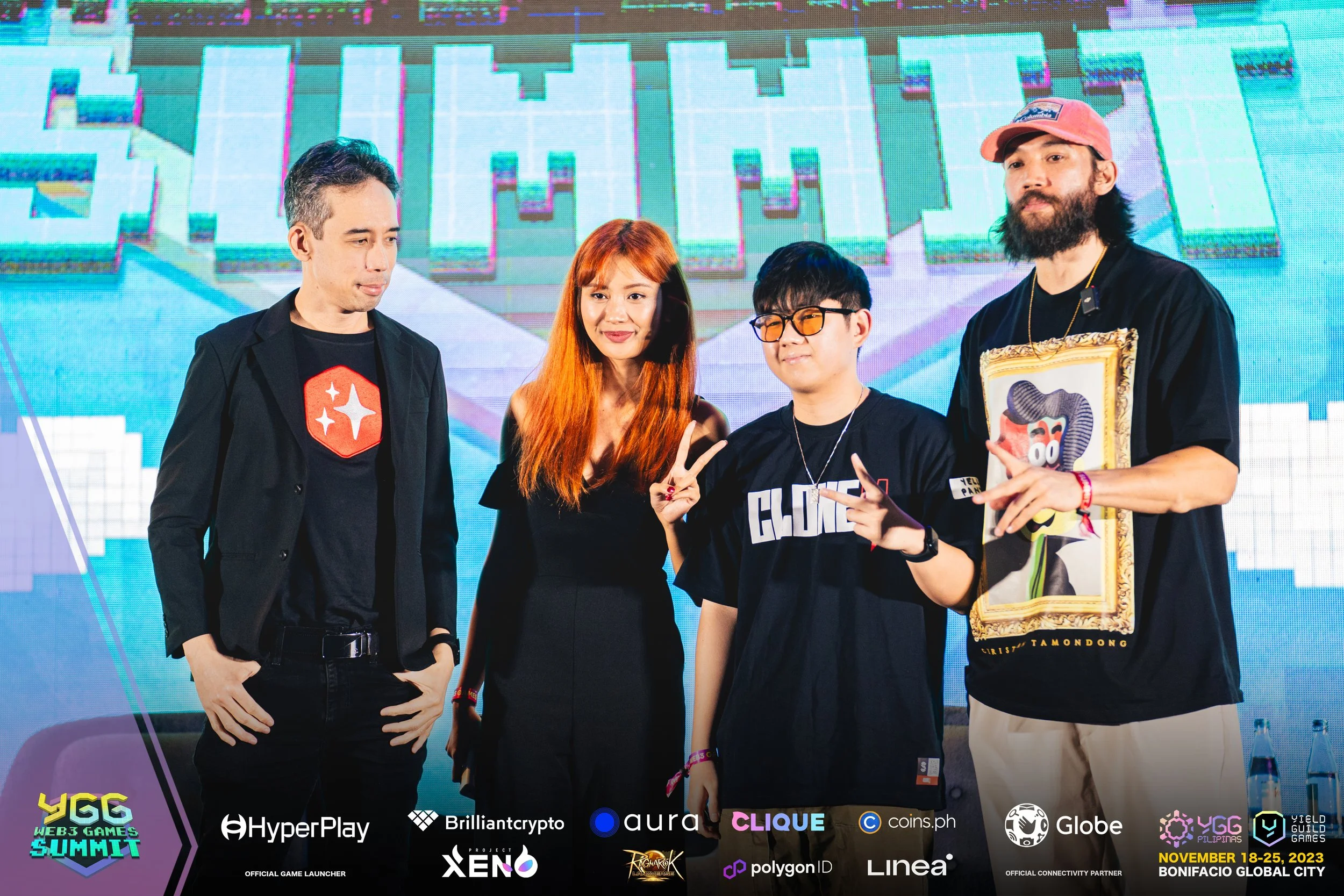
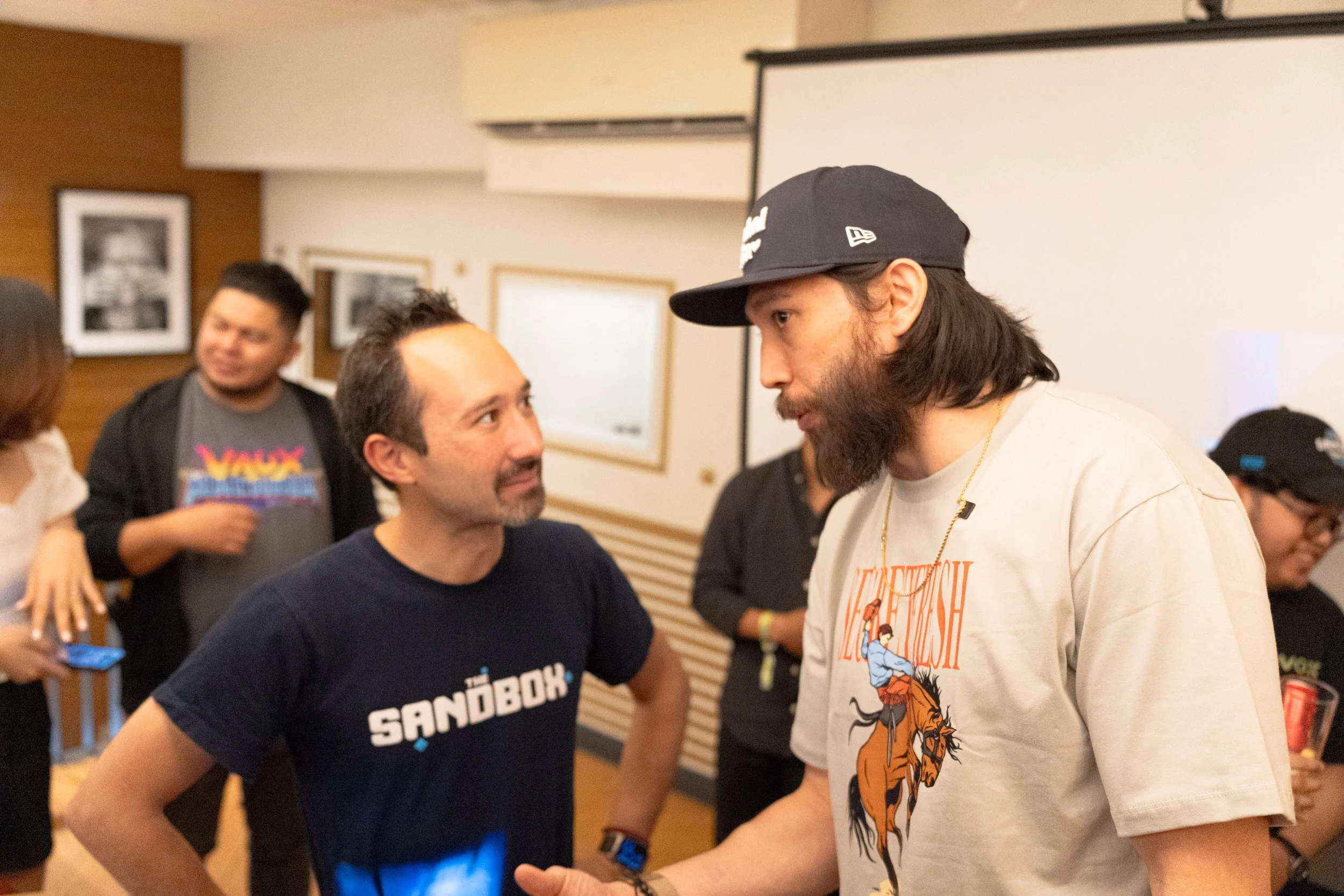
We had the opportunity to sit with JD. Read on to learn more about his journey from basketball and how it’s led to becoming an entrepreneur and tech startup founder.
Tell us about yourself, JD.
JD: My name is Jared Dillinger. I’m a family man first, a businessman second. I’ve got goals, things I protect, and things I cherish. I try to be kind, stay of service, and just keep moving forward. I move fast, I like complicated things, and right now I’m all over the place—but in the best way possible.
I was born on a U.S. military base in South Dakota. My dad was in the service, so we moved around a lot, but spent my formative days in Colorado. I had an amazing childhood, family, and support system. I played sports every single day. I played seven or eight different sports, eventually settling into basketball. I played D1 basketball in college.
I went to the Air Force Academy, then transferred to the University of Hawaii where I studied International Business and Finance. I had a great time there, then jumped straight into the pros right after college. In 2008, I made my first trip to the Philippines and moved there in time for the PBA Draft!
How did you end up in the Philippines?
JD: Back then, the internet wasn’t what it is today. Researching the Philippines from the U.S. meant you’d only see bad news on CNN. Scouts showed up to my basketball practices at the University of Hawaii. They wanted me to play basketball for the Philippines national team. Honestly, at first I didn’t take it seriously. Even my college teammates were questioning: “There’s a league in the Philippines?” Nobody really knew!
The scouts promised me a spot on the national team. That was enough courage to make me take the leap. The first time I ever set foot in the Philippines was for the PBA Draft. My first day here, I thought I made a mistake—culture shock hit me hard. But then it all snowballed: national team, Nike contract, billboards, championships. Everything happened fast!
How long did you play in the PBA?
JD: Eighteen years! I played for three teams: Talk N Text, Meralco and Ginebra. I got super lucky! I played for great coaches like Tim Cone, Coach Chot, Norman Black and Ryan Gregorio. In the last four years, I wasn’t really playing. I was more of a leader, a Kuya on the team. I had my closure already, so when I officially retired this year, it didn’t hit me as hard.
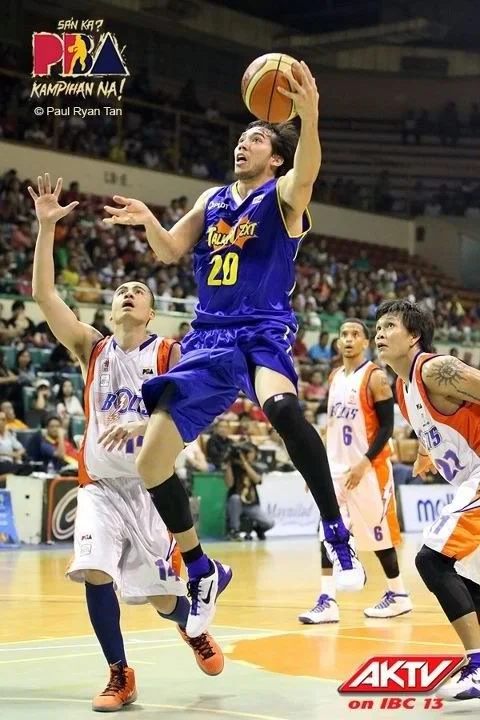
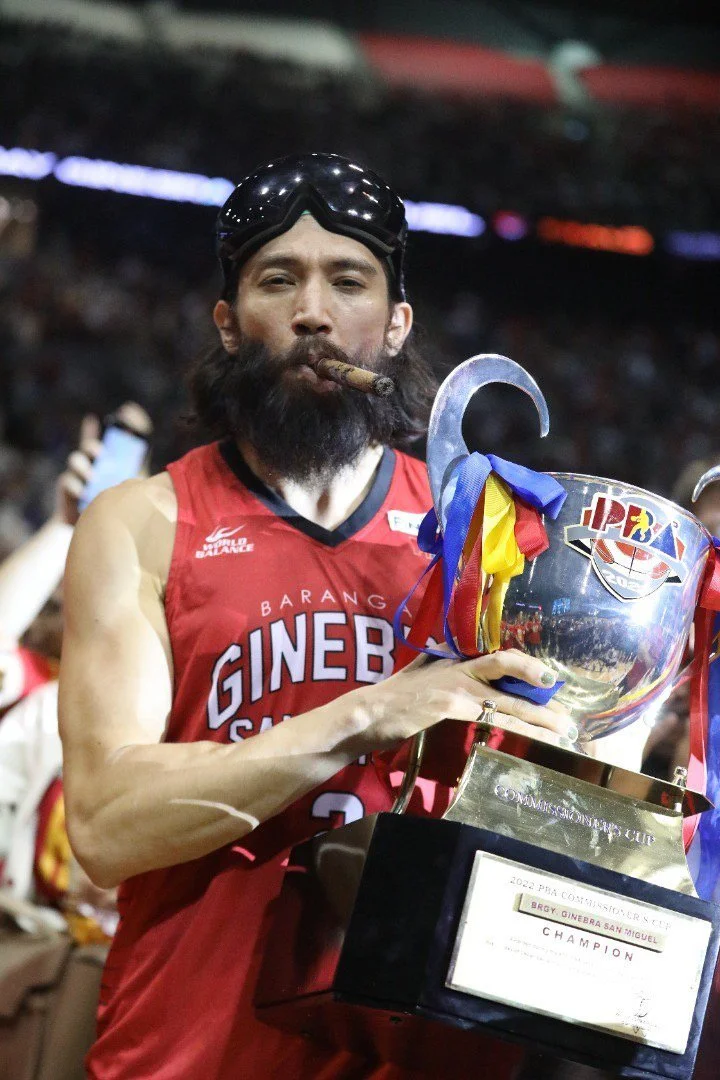
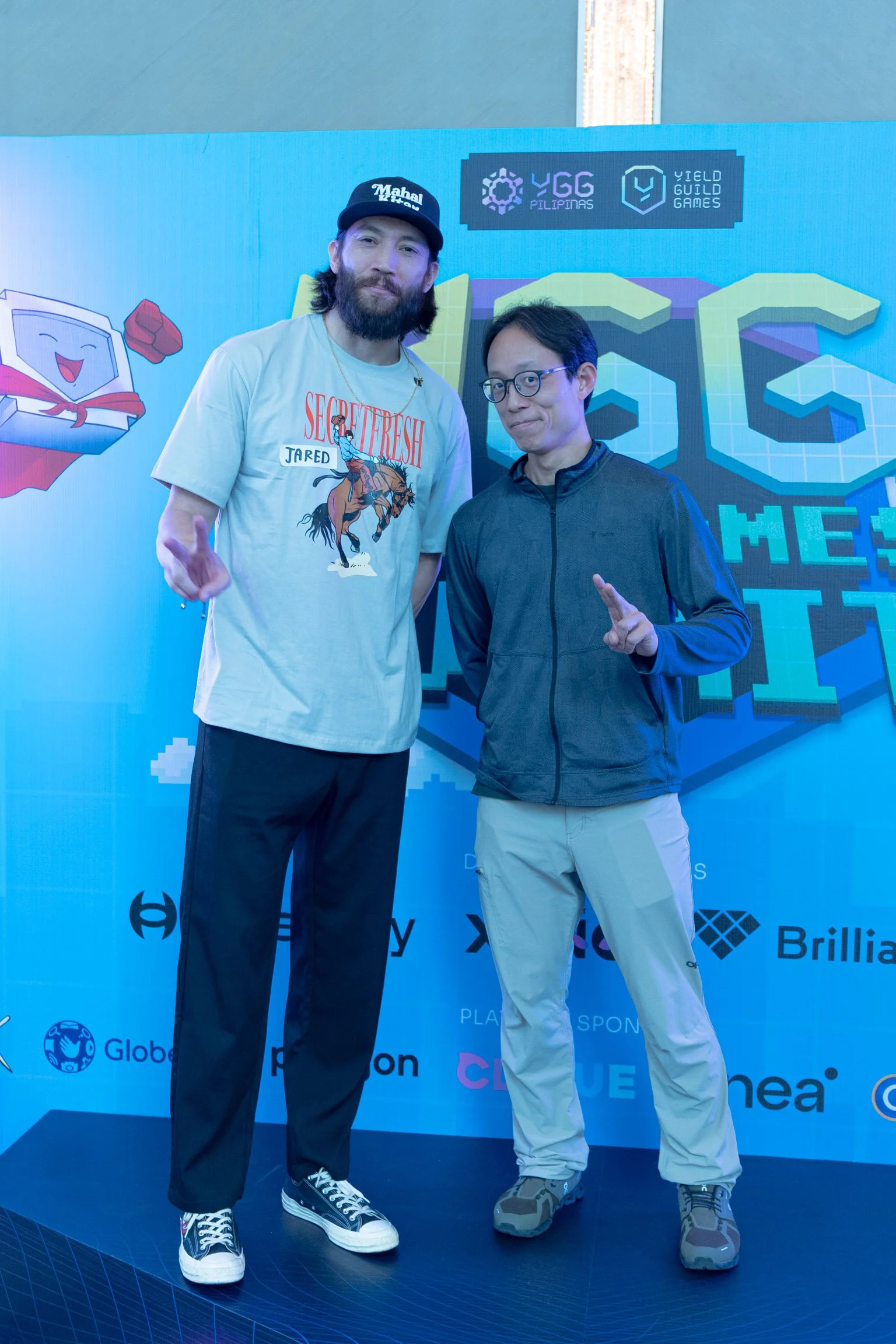
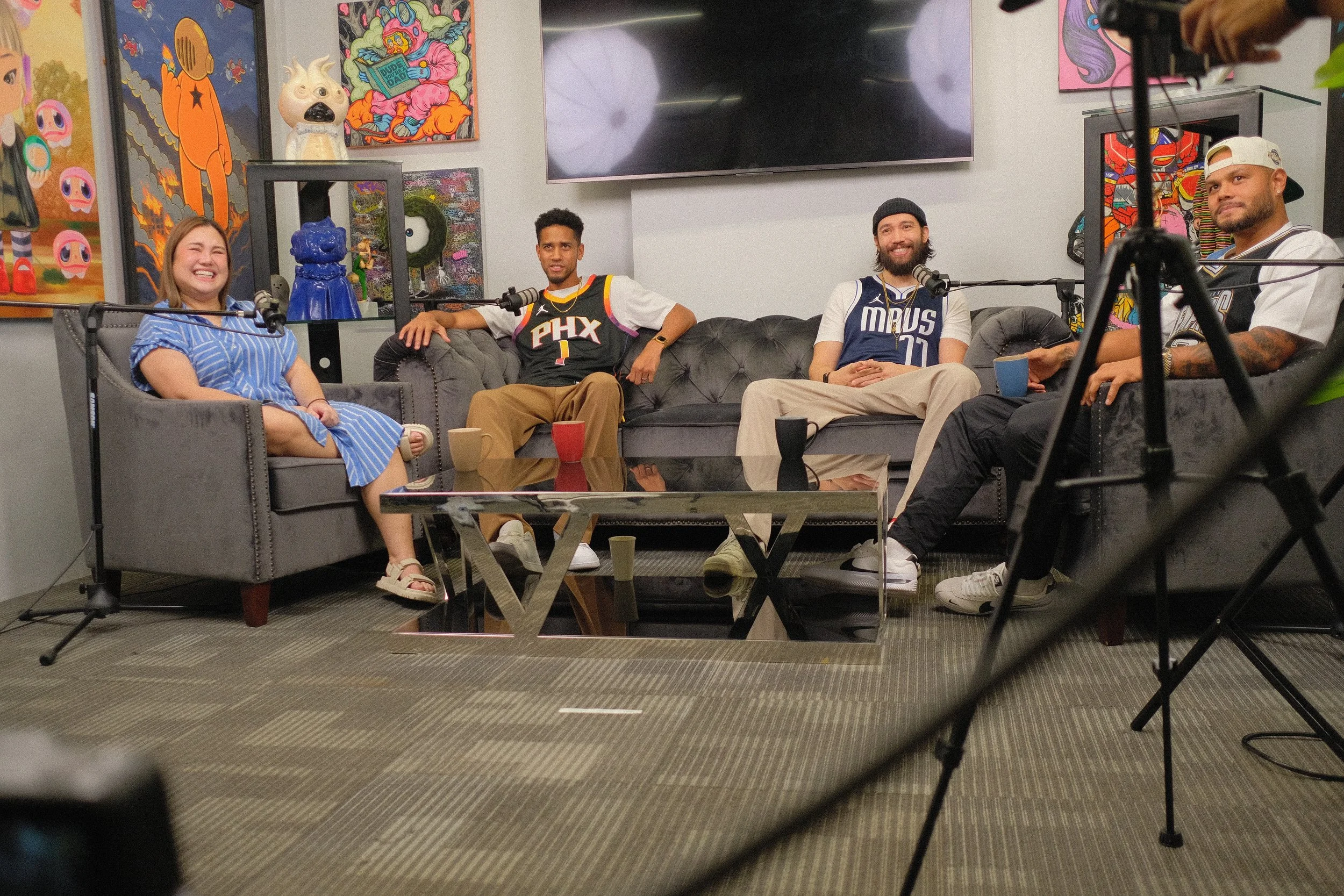
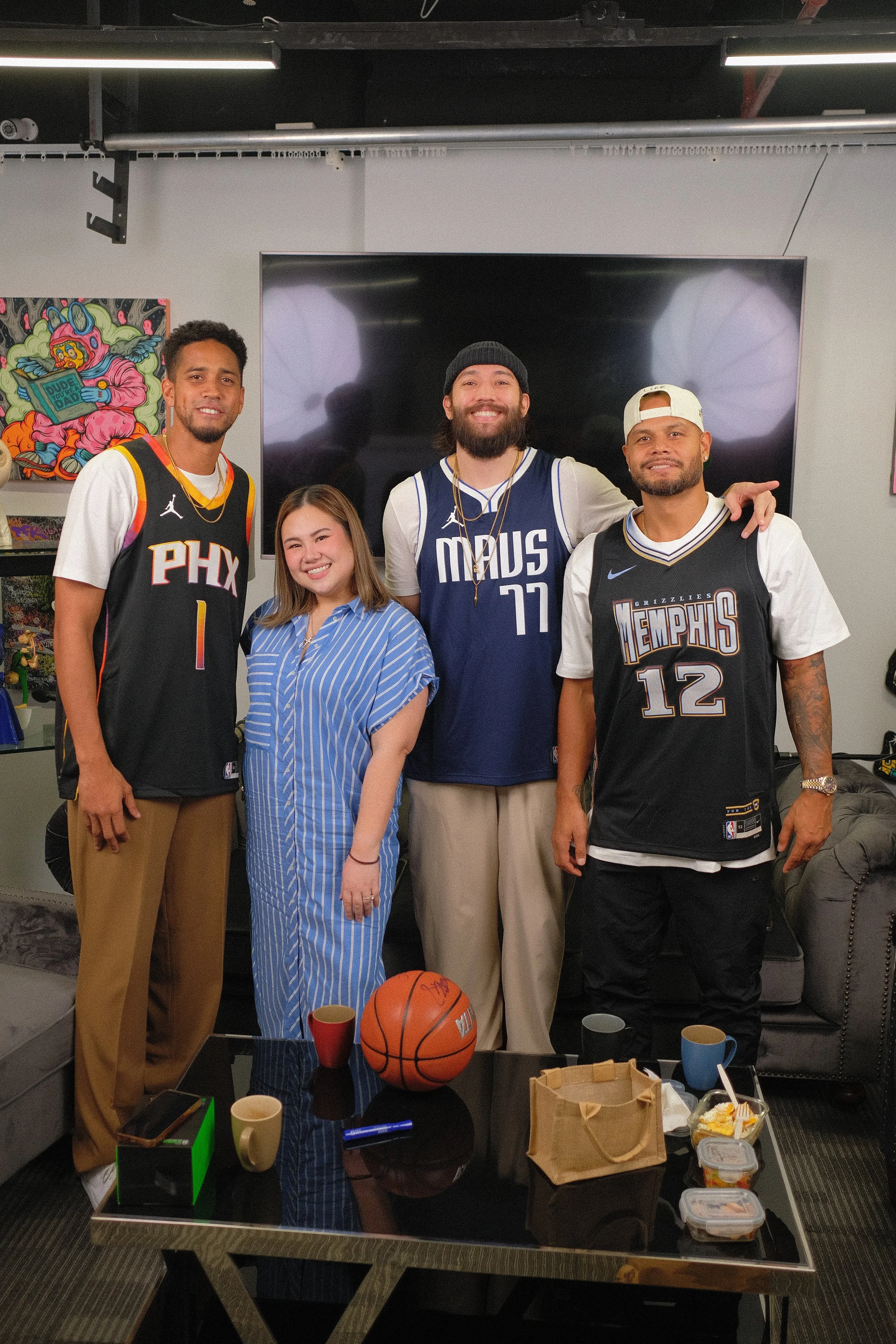
What did basketball teach you about professionalism?
JD: You have to play the game within the game. It’s not just about skills—it’s about relationships, discipline, showing up early, putting in the work where everyone can see it. Being a pro is about consistency, kindness, sacrifice, and building trust. That’s how you earn respect and longevity in the league.
The lifespan of a basketball player is pretty short. In the PBA, there are only 150 spots. The average lifespan is about three years. If you don't figure it out quickly and don’t establish yourself, you might be done!
If you can get a consistent routine and follow that template that works, you build a good reputation and that’s how you stay in the league longer, especially if you exemplify leadership skills. I was really lucky to have good vets like Harvey Carey and Jimmy Alapag when I got to Talk N Text. I just copied what they did because they were successful, they had money, and they were winning. After I left Talk N Text, I was going into my prime, and eventually, I became the captain!
At what point did you start thinking about life after basketball?
JD: I was injury-prone my whole career, but I had a bad knee injury from dunking in practice. I was 37 years old, and my broken kneecap was the signal that I had to prepare for my future, while still playing. I didn’t want to be one of those guys who retired with no plan and spirals into a depression.
So I leveraged my platform. I had to take advantage of my network and connections. Being on Ginebra, the most popular basketball team, I could walk into any meeting just by saying who I was. That gave me access to opportunities I could learn from while still playing.
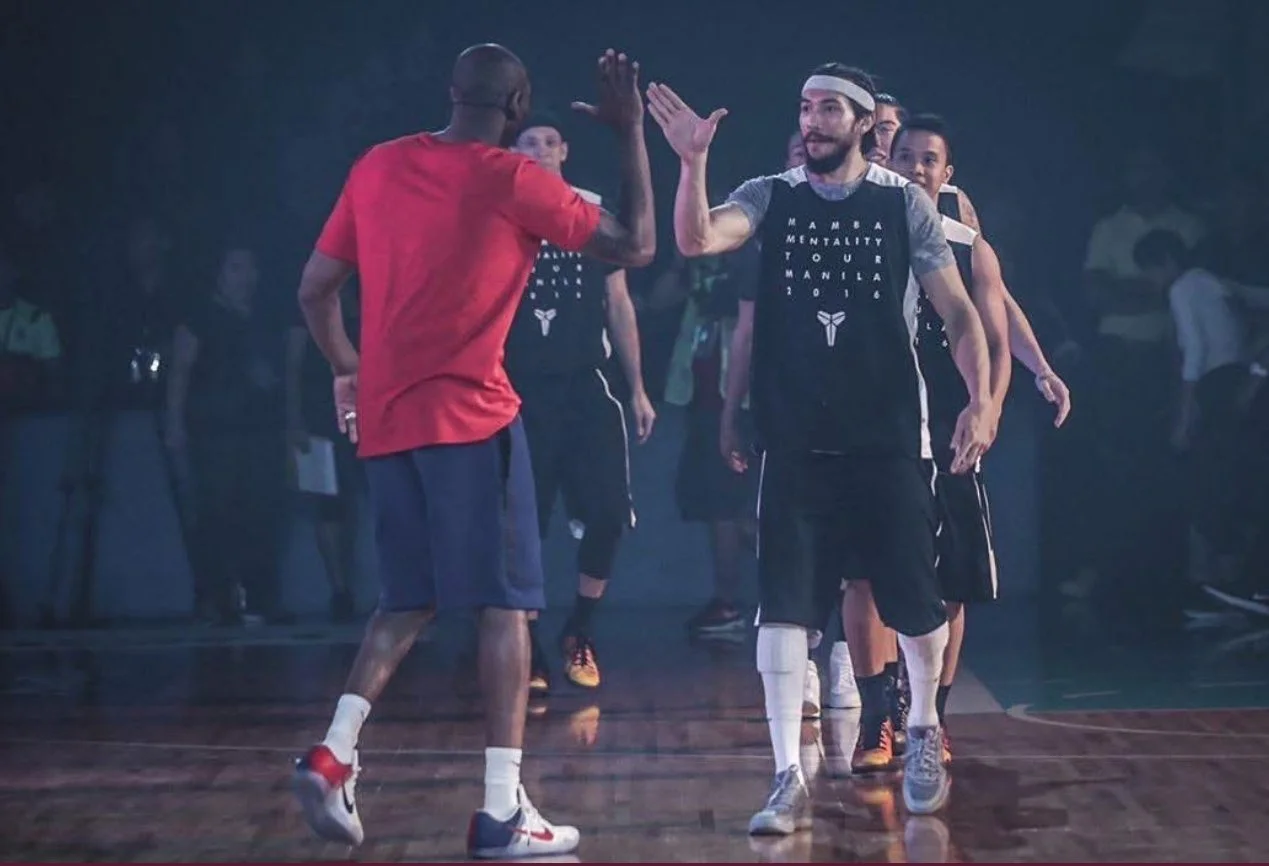
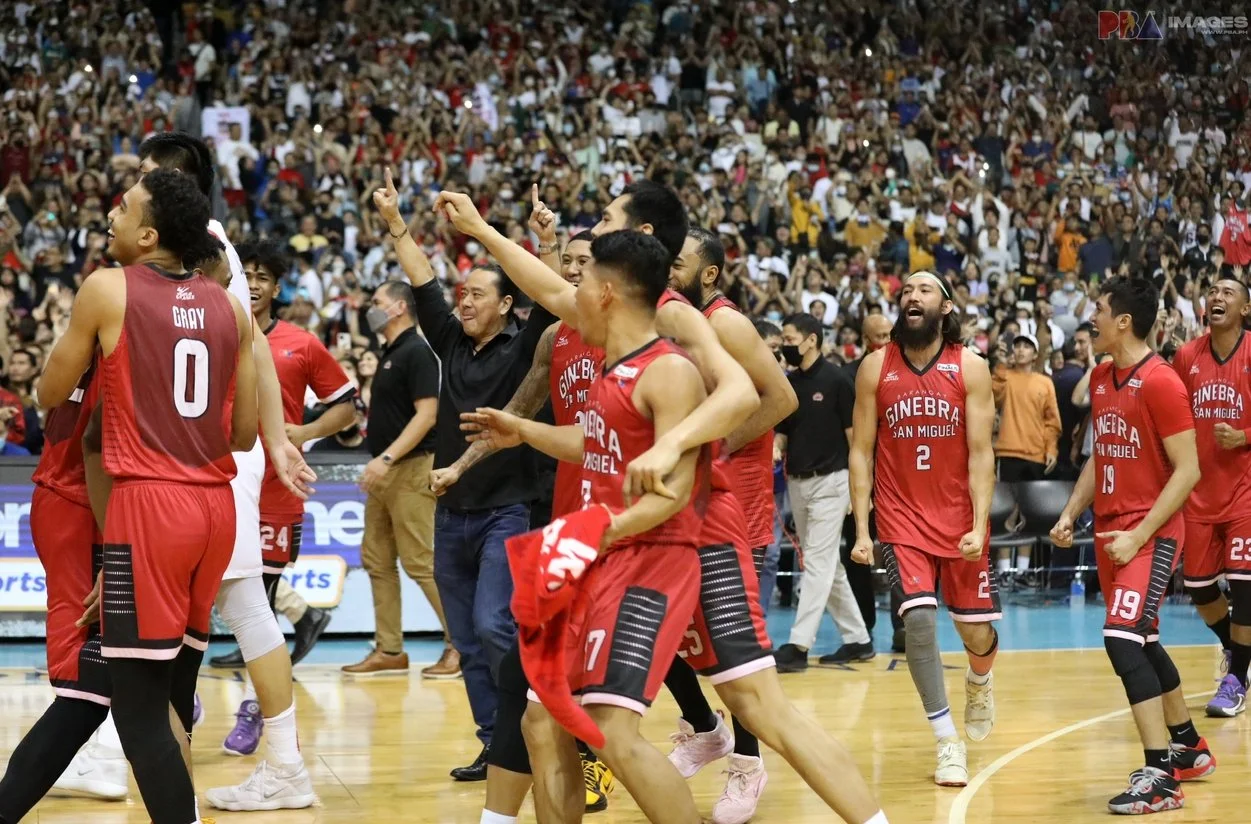
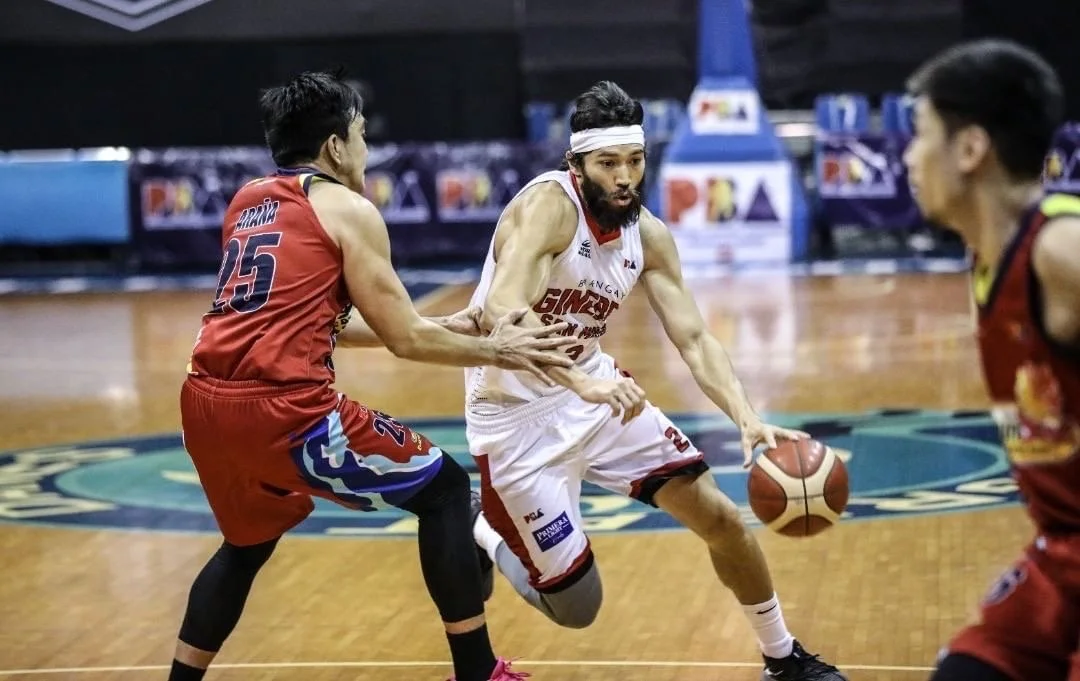
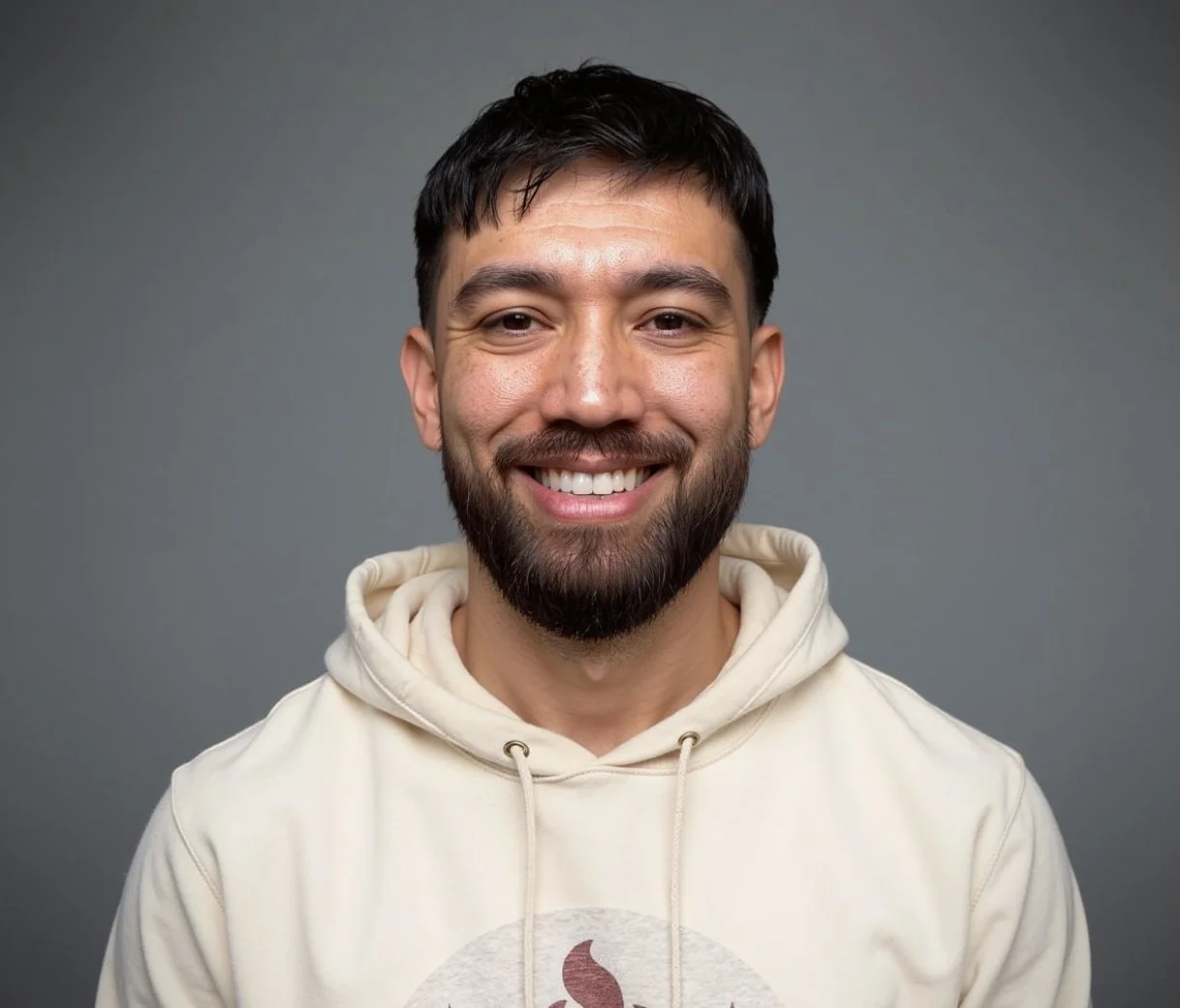
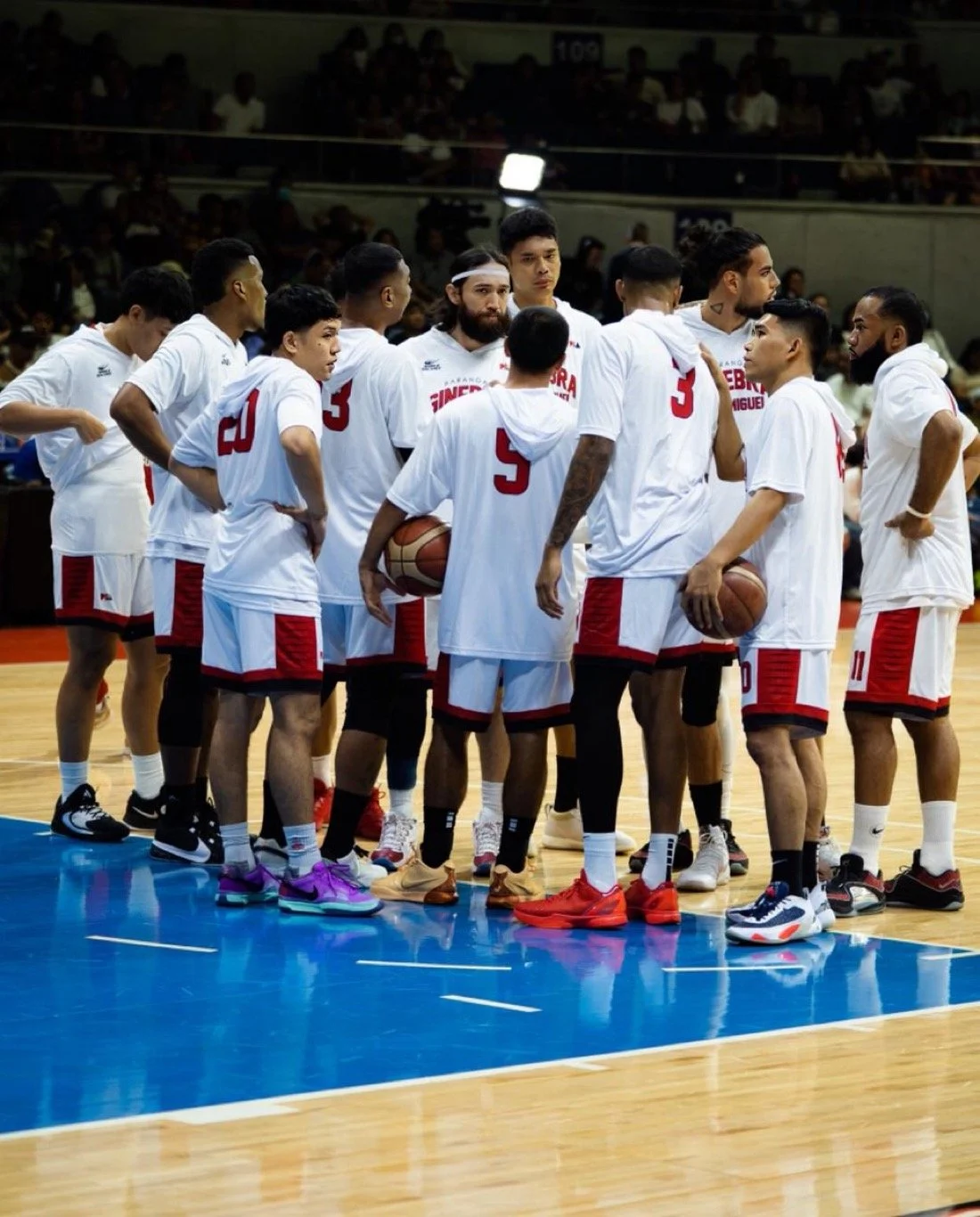
What are some of the things you learned from your basketball career that you brought with you in your next ventures?
JD: Business and sports, they're so similar. Being on a team, working with others, working with people that you don't agree with their principles or philosophies, whether that be in life or how they approach the game itself. You have to learn how to work with people and you all have to sacrifice for the common goal. You have to learn to lead. You have to learn to follow. You have to have a routine established to be successful. And that's the same in business. You have to have systems in place. You have to learn how to speak well, and you have to know how to motivate people with actions and your words.
Everything connects. Later in my basketball career, when I started to do more business, I realized that it wasn’t too different. It’s the same terrain, with different terminology. But winning and cultivating a winning environment in your workplace is the same as in sports.
What was your first move into business?
JD: During the COVID-19 pandemic, life stopped in the Philippines for two years. I learned about crypto because I wanted to make money without leaving my home and my family. I dove headfirst into crypto through “YouTube University.” I made every mistake—got rugged, believed the hype, lost money. No mentors, just trial and error. But what hooked me was this: I could make money without leaving my house. For someone who sacrificed family time for basketball, that was powerful. That was freedom.
As a public figure, people were already making content about me, so I figured that I should start to make my own content! I found people that I wanted to emulate. Same as how you learn in sports — you study tape, follow the best. In business, my “North Star” was Gary Vaynerchuk. He was in media, sports, crypto – all of my interests.
My first big break was cold-pitching CNN Philippines on a crypto/finance show. Truthfully, I played the middleman. I told CNN I already had big-name guests lined up, and told the guests I already had CNN. It worked. That show hit #1 on the network, even though it only lasted five episodes. That taught me how to make and run a show. After CNN disbanded in the Philippines, I decided to start another show, which led to Let It Fly.
What is Let It Fly?
JD: Think All the Smoke, but Pinoy style. It’s a creator-led sports media company. Our crew consists of former PBA Fil-Am players: Gabe Norwood, Sol Mercado, and myself, along with Tin Gamboa and a couple of new names we’re bringing in for Season 3. We talk basketball, break down games, joke around, roast each other, but also deliver real analysis. This next season, we’re scaling it into a full network—more shows, more content, live events.
Tell us about Agent Daredevil.
JD: Agent Daredevil is my AI tech startup. We use AI for predictive markets—sports and e-sports betting. Imagine an AI-powered agent that helps you make smarter predictions, and eventually even lives inside games like Grand Theft Auto or NBA2K, acting as a bookie in real time.
We’re chain-agnostic, already funded, and building momentum with global partners. I’m the co-founder and CEO, leading a lean team of six —half devs and half business development folks. It’s gritty, misfit energy, but that’s the beauty of a startup.
How do you juggle all of this?
JD: By crashing and burning a few times, honestly. I’ve learned the hard way about dilution of attention. Now I focus on three main pillars:
1. Agent Daredevil (AI x sports betting)
2. Let It Fly (media & podcasting)
3. Crypto/gaming ventures under Daredevil Labs
Everything ties back to sports, gaming, and culture. That’s my lane.
What are some dream collaborations that you want to put out there?
JD: For crypto: Coinbase’s Brian Armstrong or Jesse Pollock, or Yat Siu from Animoca Brands. For sports: interviewing a legend like Vince Carter would be huge. And yeah—if Animoca or Coinbase signed on for long-term deals, that would be massive.
What does being Filipino mean to you?
JD: Pride, man. I didn’t really understand it growing up in the U.S.—I only knew pancit and lumpia. But 18 years in the Philippines made me a man here. I built a family, a career, and businesses. The culture is open, kind, and relentless in its love for basketball. I’m grateful to represent that.
Where can people find you?
JD: Just one handle: @JDaredevil2. Everywhere. If you want to see what I’m building, you’ll find me there.
Written by Jennifer Redondo
Co-Founder and Co-Author of In Her Purpose



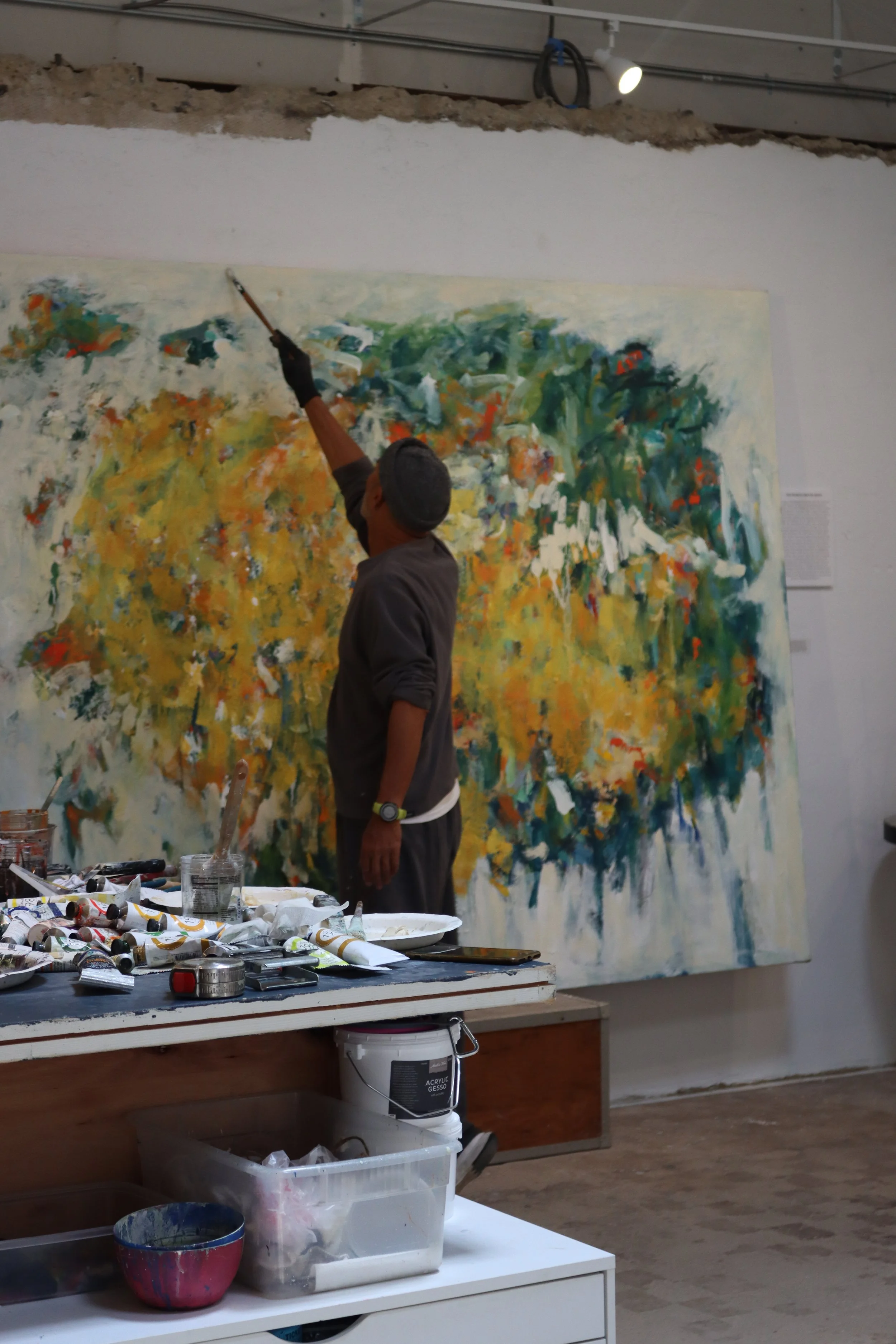
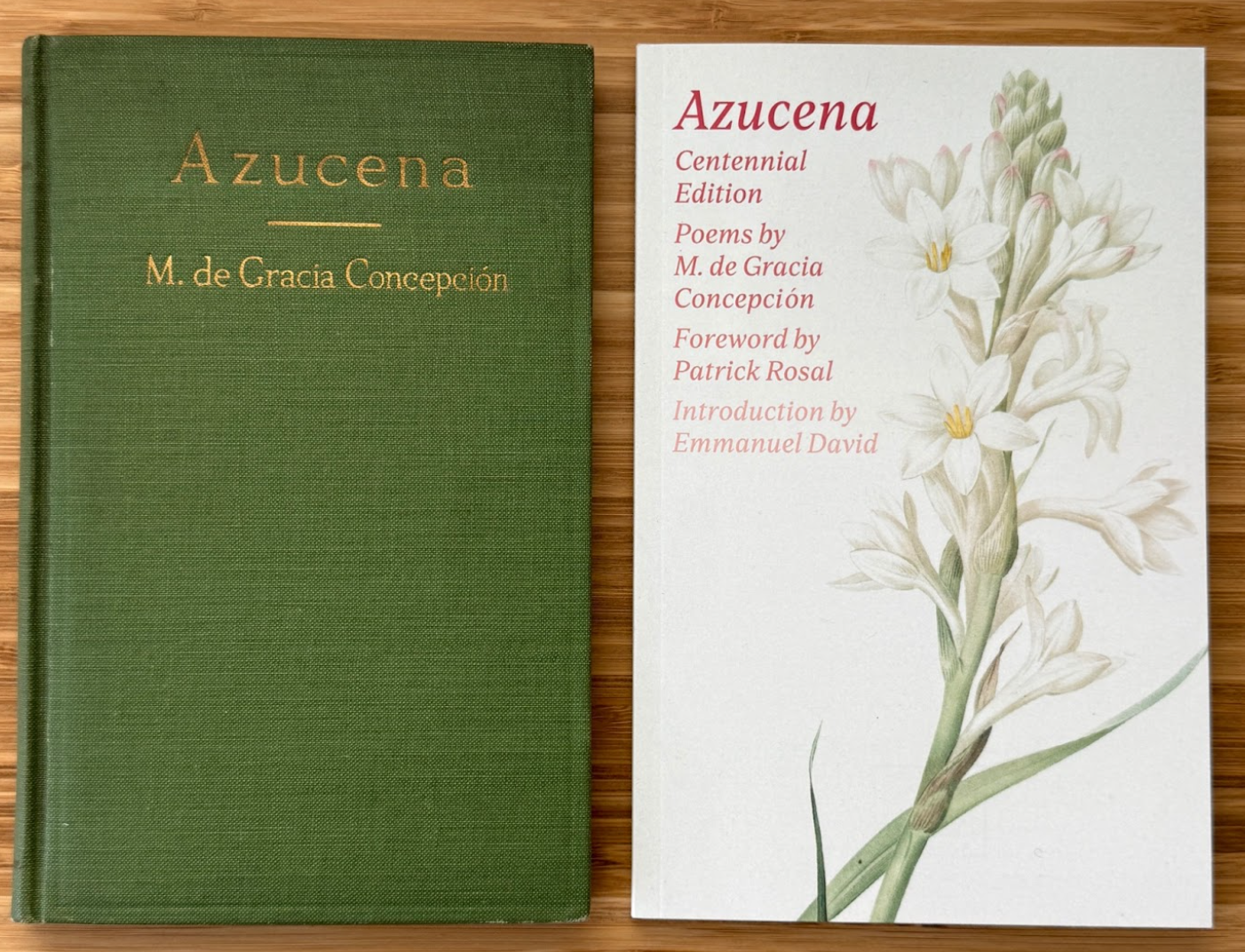
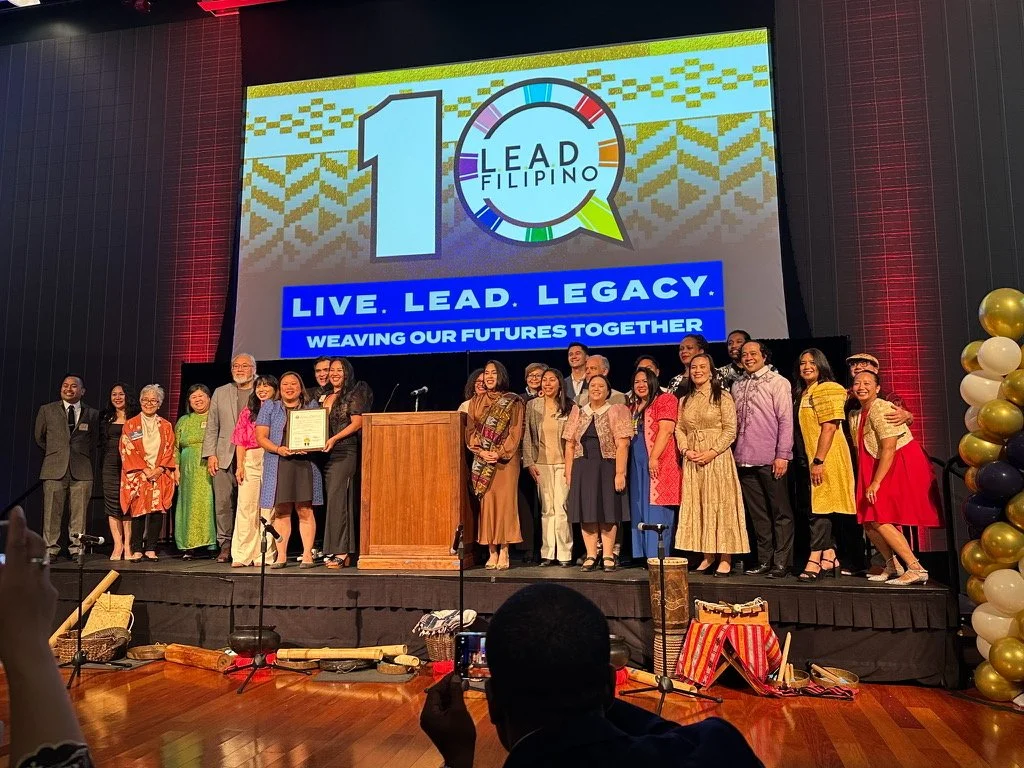

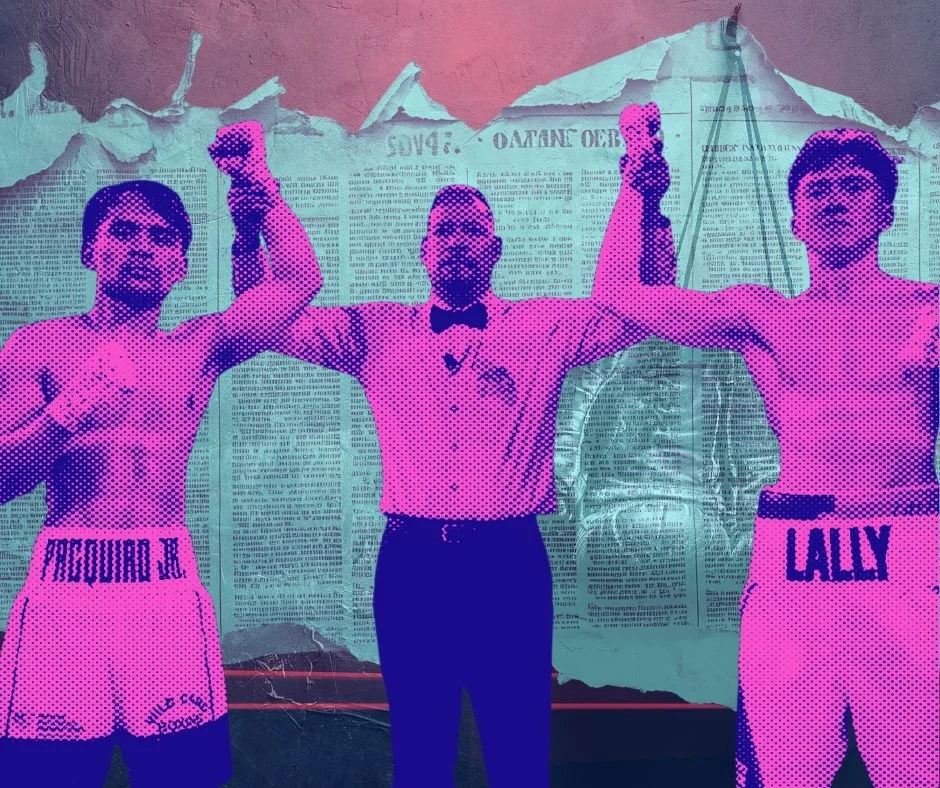


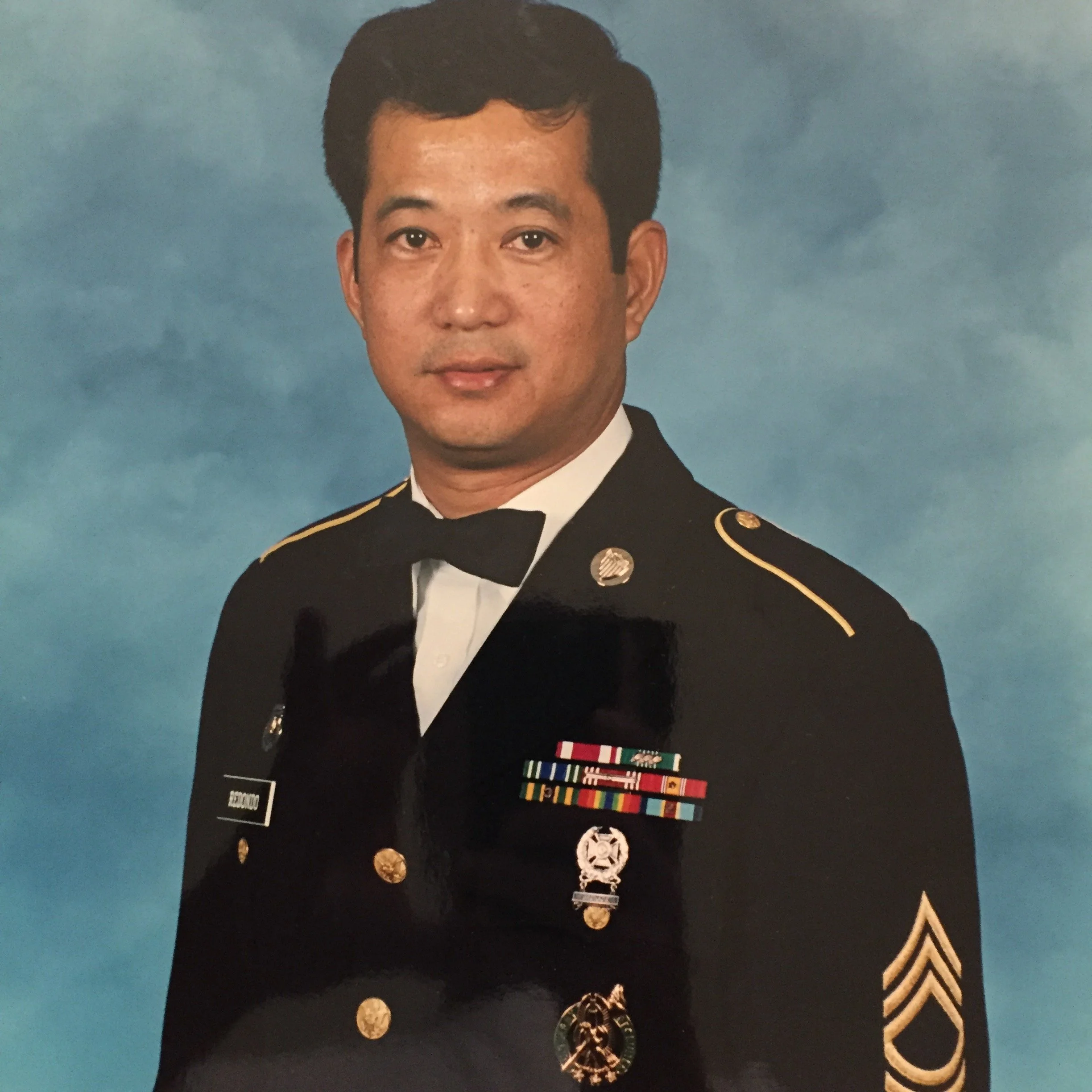









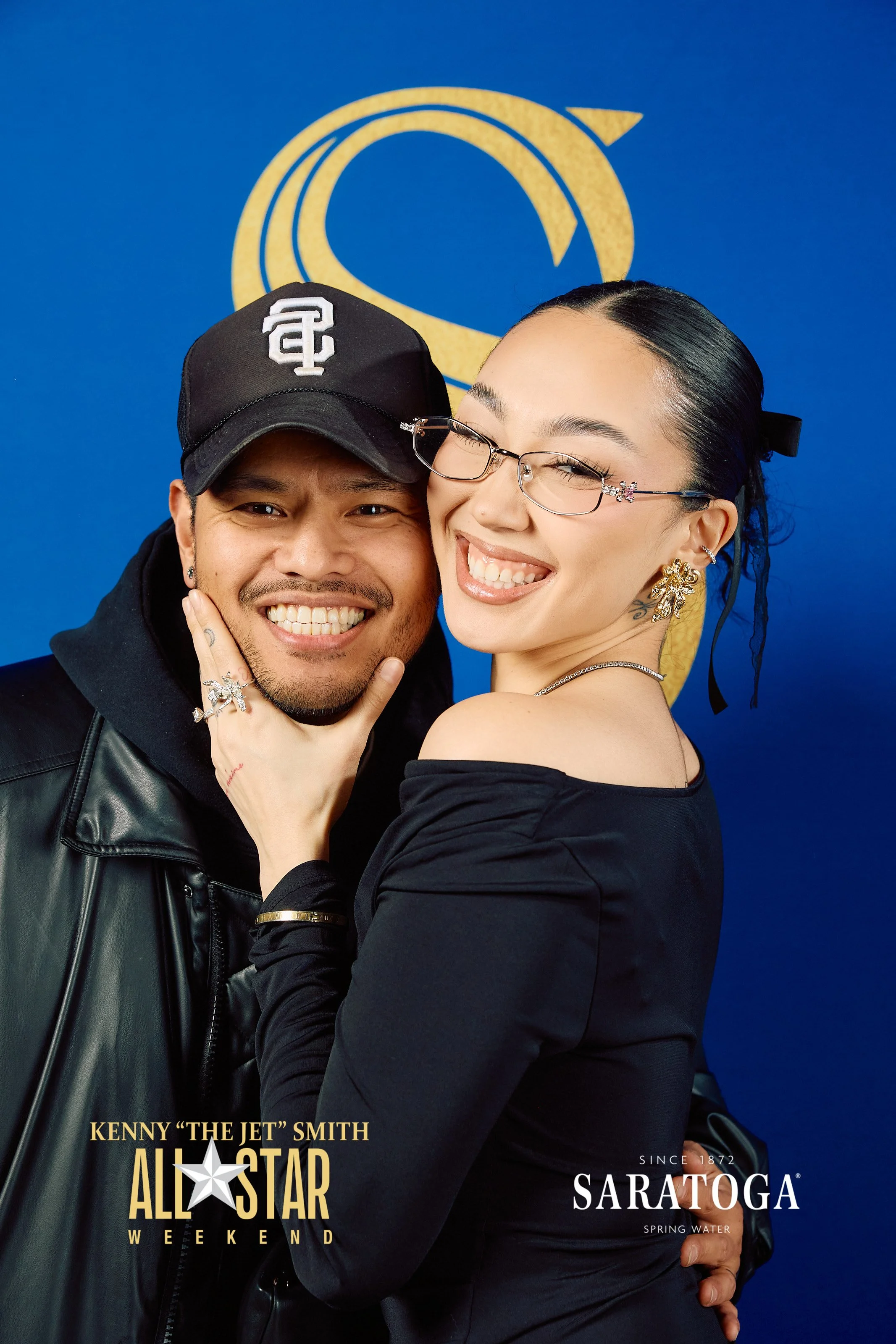







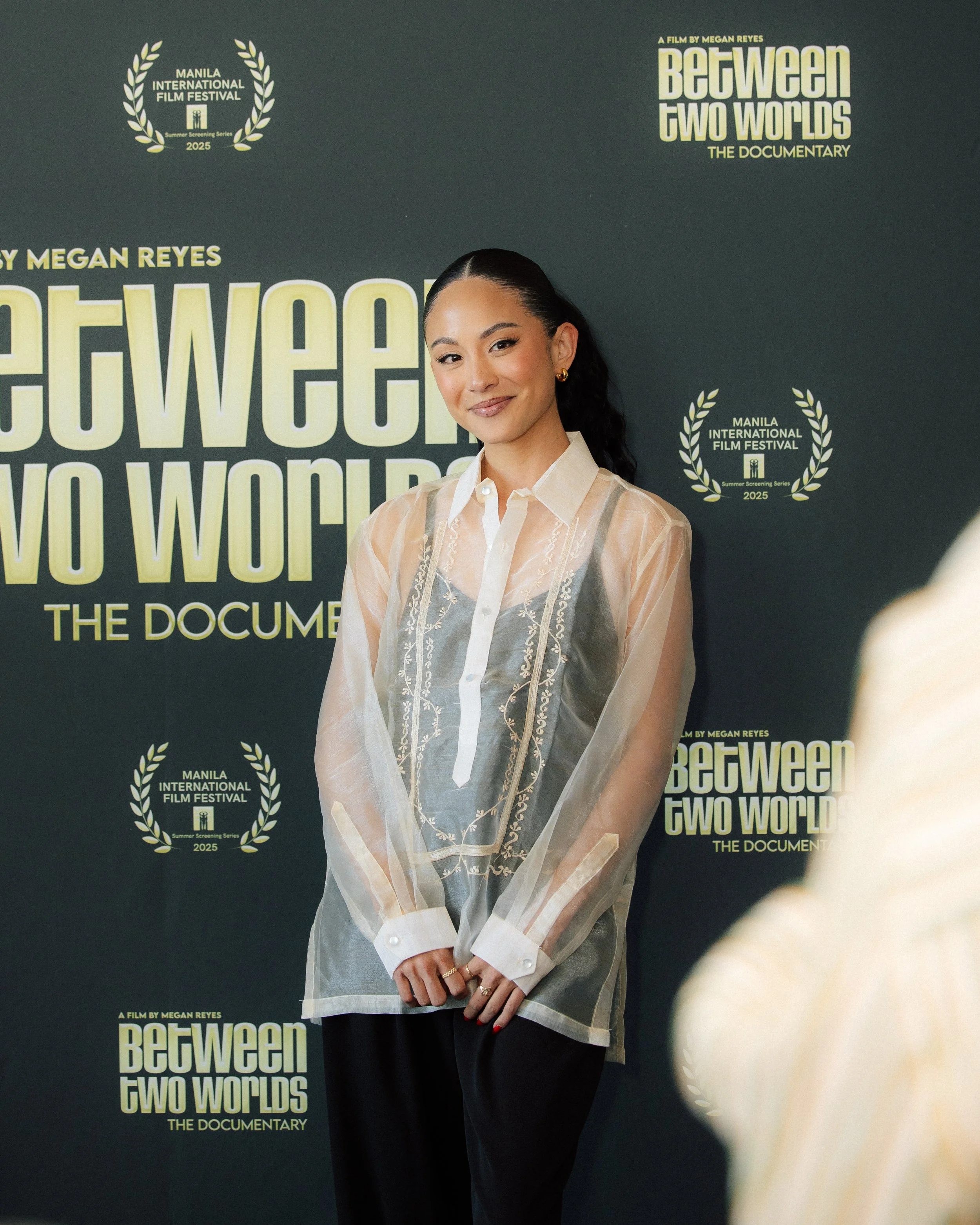

When the Avengers: Doomsday one-year countdown dropped, audiences didn’t just watch. They paused, replayed, shared, and even speculated about hidden messages. A week later, the clip surpassed 14 million views, becoming a viral moment picked up across major media outlets that fueled anticipation for the next chapter of the Marvel Universe.
The countdown video was the result of a collaborative effort led by AGBO and its studio partners. Supporting the marketing team as a contracted editor was Joshua Ortiz (@joshuajortiz), a Filipino American filmmaker whose career has steadily built toward opportunities to contribute to projects of this scale, alongside earlier success with the short films he has written and directed.